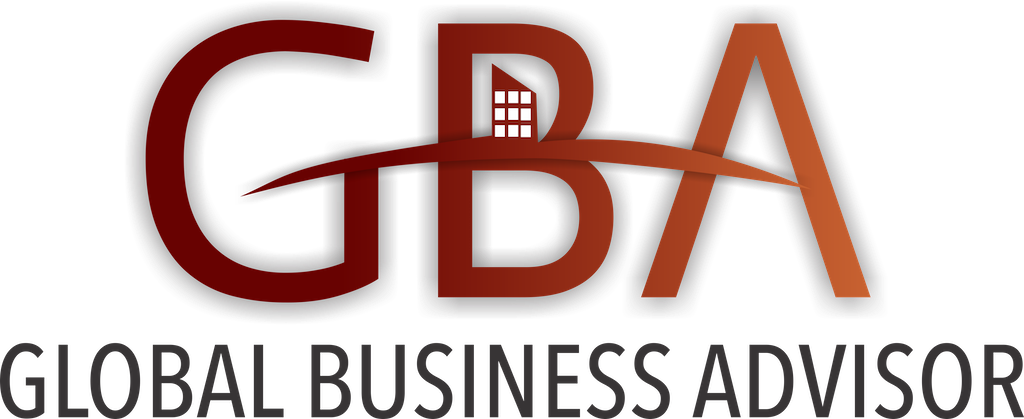Management of Portfolios (MoP) provides advice and examples of how to apply principles, practices, and techniques that together enable the most effective balance of organisational change and business as usual.

Management of Portfolios (MoP) provides advice and examples of how to apply principles, practices, and techniques that together enable the most effective balance of organisational change and business as usual.
Delivered by fully accredited trainers and industry leading experts with extensive experience of portfolio management, the course engages with the students to ensure that theory is embedded and delegates feel confident in the practical application of MoP.
Exam Certification
The exam certification is accredited by Peoplecert on behalf of Axelos. Training and exam certification is included in the cost of this course.
Course Materials
All delegates enrolled on virtual course bookings receive a hard copy of course materials sent to a preferred postal address.
Target Student
The MoP Foundation qualification is aimed at those involved in a range of formal and informal portfolio management roles encompassing investment decision making, project and programme delivery, and benefits realisation.
It is relevant to all those involved in the selection and delivery of business change initiatives including: Senior Responsible Owners (SROs), Members of management boards and Directors of Change, Portfolio, Programme, Project, Business Change, and Benefits Managers and Business Case writers and project appraisers.
Pre-requisites
Additional work will be required during evenings consisting of consolidation reading and a mock examination. This evening work is an integral part of the course and delegates should expect to spend 2 hours each evening on these activities.
You must bring signed photo ID with you on any exam (passport, driving licence, student card) as you will be asked to produce it by the invigilator prior to the exam.
Performance Based Objectives
The objective of the course is to enable a delegate to understand the MoP principles, cycles, practices, techniques, roles and documentation. This will enable them to work as an informed member of a Portfolio Office or in a range of Portfolio Management roles.
Specifically they will know and understand the following:
Scope and objectives of portfolio management and how it differs from programme and project management.
Benefits from applying portfolio management.
Context within which it operates.
Principles upon which successful portfolio management is based.
Approaches to implementation, the factors to consider in maintaining progress, and how to assess the success of portfolio management.
Purposes of the portfolio management definition and delivery cycles and their component practices, and relevant techniques applicable to each practice.
Purpose and key content of the major portfolio documents.
Scope of key portfolio management roles.
Course Content
Module 1 Overview
The definitions of portfolio and portfolio management.
The portfolio management model and the relationship between the principles, cycles, practices and relevant techniques.
The differences between portfolios and portfolio management on the one hand, and projects/project management and programmes/programme management on the other.
The local circumstances that will affect how the MoP principles and practices will be adapted and how cost effective approaches can be adopted.
The objectives and benefits of portfolio management.
Module 2 Implement, sustain and measure
The three broad approaches to implementing portfolio management; when each approach to implementation is most relevant, the advantages of planned approaches to implementation.
The benefits of assessing the impact of portfolio management.
Seven steps (and their benefits) in a staged implementation of portfolio management.
The factors to consider in sustaining progress.
Approaches to assessing portfolio management maturity.
Module 3 Strategic and organizational context
The 6 key functions/activities that portfolio management needs to coordinate with to achieve strategic objectives. Identify how portfolio management can:
Coordinate with Business As Usual, strategic planning, resource allocation and budgeting, project and programme management, performance management to deliver strategic objectives.
Support effective corporate governance
Module 4 Portfolio management principles
The 5 principles upon which effective portfolio management is based.
Senior management commitment
Governance alignment
Strategy alignment
Portfolio office
Energised change culture
Module 5 Portfolio definition cycle
The portfolio definition practices:
Understand
Categorise
Prioritise
Balance
Plan
Understand the terms and concepts relating to the portfolio definition cycle. The techniques of:
Three point estimating and reference class forecasting.
Driver-based strategic contribution analysis.
Multi-criteria analysis
Decision conferencing
Clear line of sight
What is involved and the keys to success.
Module 6 Portfolio delivery cycle
The portfolio delivery practices:
Management control
Benefits management
Financial management
Risk management
Stakeholder engagement
Organizational governance
Resource management
The techniques of:
Management by exception
One version of the truth
Staged release of funding
Clear line of sight reporting
Champion-challenger model
What is involved, the main elements, and keys to success.
Module 7 Roles and documentation
The purposes and responsibilities of the main portfolio management roles identified in MoP.
The purposes of the main portfolio management documentation.
Examination
All delegates will be given the opportunity to sit the MoP Foundation examination at 2pm on the third day of the course. The MoP Foundation exam consists of:
50 multiple choice questions
40 minutes
Closed-book
Candidates require a minimum of 25 correct answers (50%) to pass.
MoP is a registered trade mark of AXELOS
Founded in 2006 with headquarters in Glasgow, Elite Training offers a comprehensive range of IT, Professional Best Practice and Business Skills training across the UK.
At Elite Training, we understand that every client is different and as such customise training solutions to suit your individual requirements. We are interested in building strong, long lasting business relationships based on high quality training and customer care. We pride ourselves on responding quickly to queries and providing advice on all your training requirements.
Our experienced Account Managers work closely with our clients to deliver a range of solutions based on budgets, timelines and individual requirements. Whether you require one-to-one or group sessions, public or closed company training, we ensure you receive an individually tailored training service.

Our course will explain financial terms and budgeting tools in such a way where a financial professional or even a non-financial profession will be able to understand and relate with in their working environment

The effective management of projects is an essential skill in many workplaces. Correct control of stages and different aspects of projects helps to increase the chances of projects being successful.

Project Management plays a important role in a variety of industries and fields, such as software development, engineering, construction, marketing, research, IT operations, and more.

Public finance management and Public Sector budgeting play a fundamental role in balancing the social and economic objectives of the state and acts as a significant determinant of macro-economic performance.

This course will provides a chance to delegates to form Project management connected product that may be use within the comes.
© 2025 coursetakers.com All Rights Reserved. Terms and Conditions of use | Privacy Policy